2025 Leadership Projects
McKenna Ackon: Review and Recommendations for Caregiver Emotion Socialization with Youth with Autism
For my leadership project, I chose to review the existing research literature on caregiver emotion socialization of children with autism. I chose this project because my graduate school research has focused on caregiver socialization broadly, and I noticed a large gap in the literature with a lack of representation of families of children with autism. I created a brief handout for caregivers which provides information about emotion socialization and practical tips based on the existing research literature with autistic youth. I hope this information will be useful for caregivers and provide activities that they may consider implementing as a family to promote emotion skills in youth.
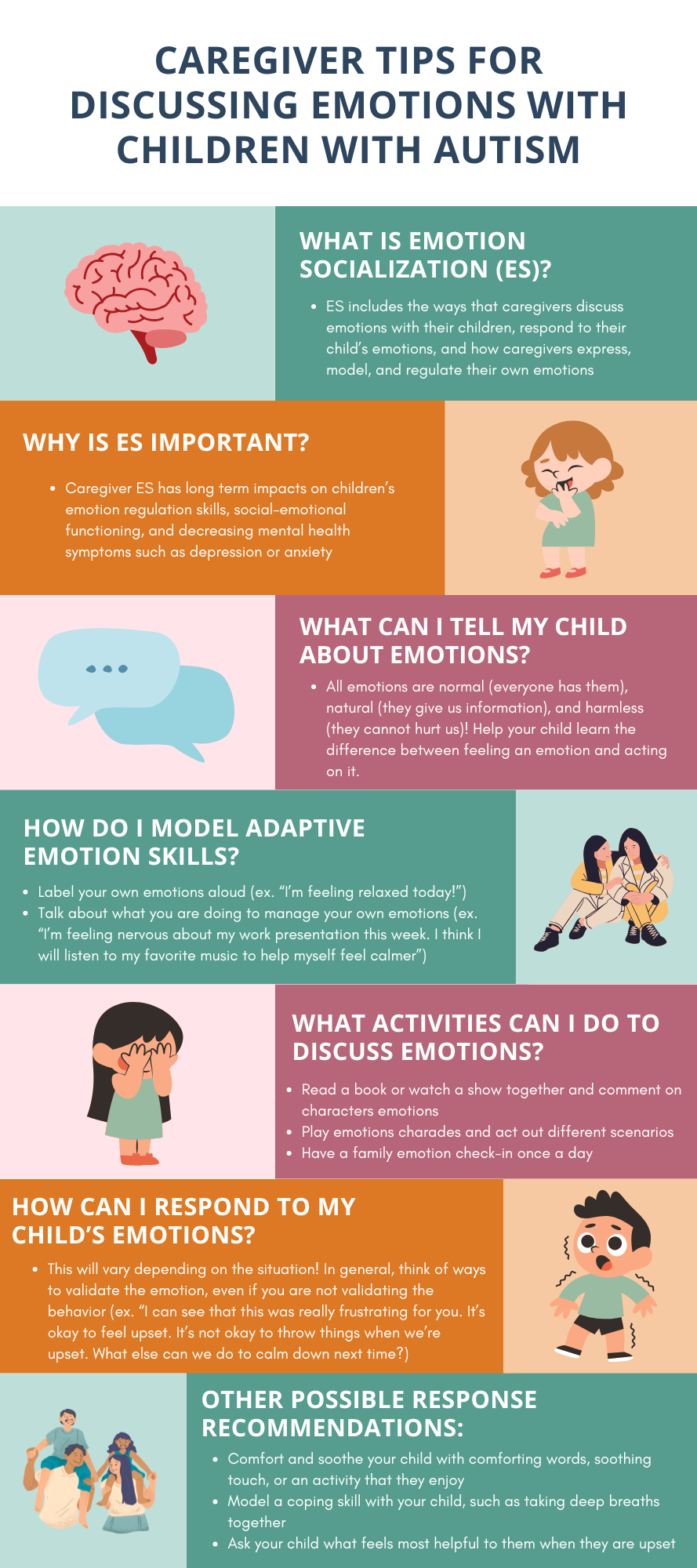

Elsie Baker: Small Bites, Big Impact: Increasing Pediatric Feeding Disorder Awareness
For my leadership project, I developed and delivered a presentation to occupational therapy practitioners (OTPs) and peers based on my experience working with children with pediatric feeding disorder (PFD). On a personal level, this project is significant because I was impacted by feeding challenges as a child. Professionally, this topic resonated with me because I completed a 12 week clinical placement for children with feeding challenges, including children with PFD. When I left this specialty setting, I realized that many OTPs are not aware of the complexities of feeding challenges and do not receive comprehensive education on how to address feeding issues. The goal of my leadership project is introducing OT students to the field of feeding challenges to facilitate confidence in treating feeding challenges, thus enhancing the quality of life for children with PFD and their families.
Angela Beverly: Successfully Implementing SDI and Knowing our Students
_Page_01.jpg) Successfully Implementing SDI presentation
Successfully Implementing SDI presentation
Successfully Implementing SDI and Knowing our Students Slides
Heather Cole: Rare is Everywhere: Awareness, Advocacy, and Sharing Your Story
My name is Heather Cole and I am a LEND trainee in the family discipline. My leadership project spotlights a less familiar awareness day, Rare Disease Day, and the importance of raising Awareness, Advocacy, and Sharing Your Story.
As the parent of a child with a rare disease/disorder, my leadership project includes why I raise community awareness, implementing an awareness and advocacy event on Rare Disease Day, as well as the importance of story sharing with the hopes of increasing understanding and impacting change.
I also created a brief guide on 5 Tips for Sharing Your Story. Spreading awareness, advocacy, and storytelling has the ability to inspire others and impact change, as it is one of the most valuable and impactful skills a leader can have. My hopes are that increasing awareness, continuing to participate in advocacy work, and sharing my experiences with others will make a difference in the lives of those living with rare diseases, half of which are children and often accompanied by neurodevelopmental disorders and/or other related disabilities, and their families.
Rare is Everywhere: Awareness, Advocacy, and Sharing Your Story
Kathryn Castell: Gestalt Language Processing for Caregivers and Educators
My name is Kathryn Castell and I am a speech-language pathology graduate student of Longwood University. My VA LEND Leadership Project is entitled "Gestalt Language Processing for Caregivers and Educators." I hope that this easily accessible website helps the parents and caregivers of children who are gestalt language processors better understand and support the language development of the children in their lives.
Kim Drudge: Neurodivergence in the Blind Community
I’m Kim Drudge. My discipline is self advocate. My project is called “Neurodivergence in the Blind Community”. I chose to do this project because a lot of people who are blind don’t realize that sometimes they are neurodivergent, and I’d like to bridge that gap. Also, people who are neurodivergent don’t know a lot about blindness. I’d like to let people know that in the blind community, some people don’t understand the unique needs of people who are neurodivergent. What I’d like to do is bridge that gap and let people know that blindness and neurodivergence are normal. People who are blind and neurodivergent can be treated how they want to be treated.
A lot of the time, blind consumer organizations don’t seem to understand that a lot of people who are blind are also neurodivergent. Also, blind people in general don’t seem to understand that either. Also, vocational rehabilitation services, voc rehab councilors and vocational rehab teachers who serve blind people don’t seem to understand a neurodivergent person’s needs; they only look at the needs of the person from a blind perspective. Blind people, in particular those who lost their vision later in life, don’t seem to understand what neurodivergence is, and what we’d like to do is bridge the gap between the blind community and neurodivergence!
Megan Evans: Quality of Life Matters: Why Outcomes Should Reflect Real Life
One key component of evidence-based practice is supported heavily by randomized controlled trials, which rigorously study the effect of an intervention on a specific outcome measure of function, which often determines the success of an intervention. Although understanding the impact of change in function is one important component, it does not provide a full understanding of an individual's experience. As a scientist and researcher, I wanted to find ways to capture the lived experience of children with neuromotor disabilities during clinical trials and to provide families with important information so they can make informed decisions about their care options.
Here, I aimed to explore how frequently ongoing and recently completed rehabilitation intervention trials for children with neuromotor disabilities (2020-2025) include QoL measures and how the rates may have changed over time. Further, I wanted to look at which completed studies published the findings of the change in QoL during pediatric rehabilitation studies so that other researchers and families could be more informed about the full impact of participating in the intervention. Finally, I summarized these findings to create a comprehensive guide and infographic for researchers to explain the importance of including QoL, what tools are currently available, and how they can be used in future clinical trials and support evidence-based practice.
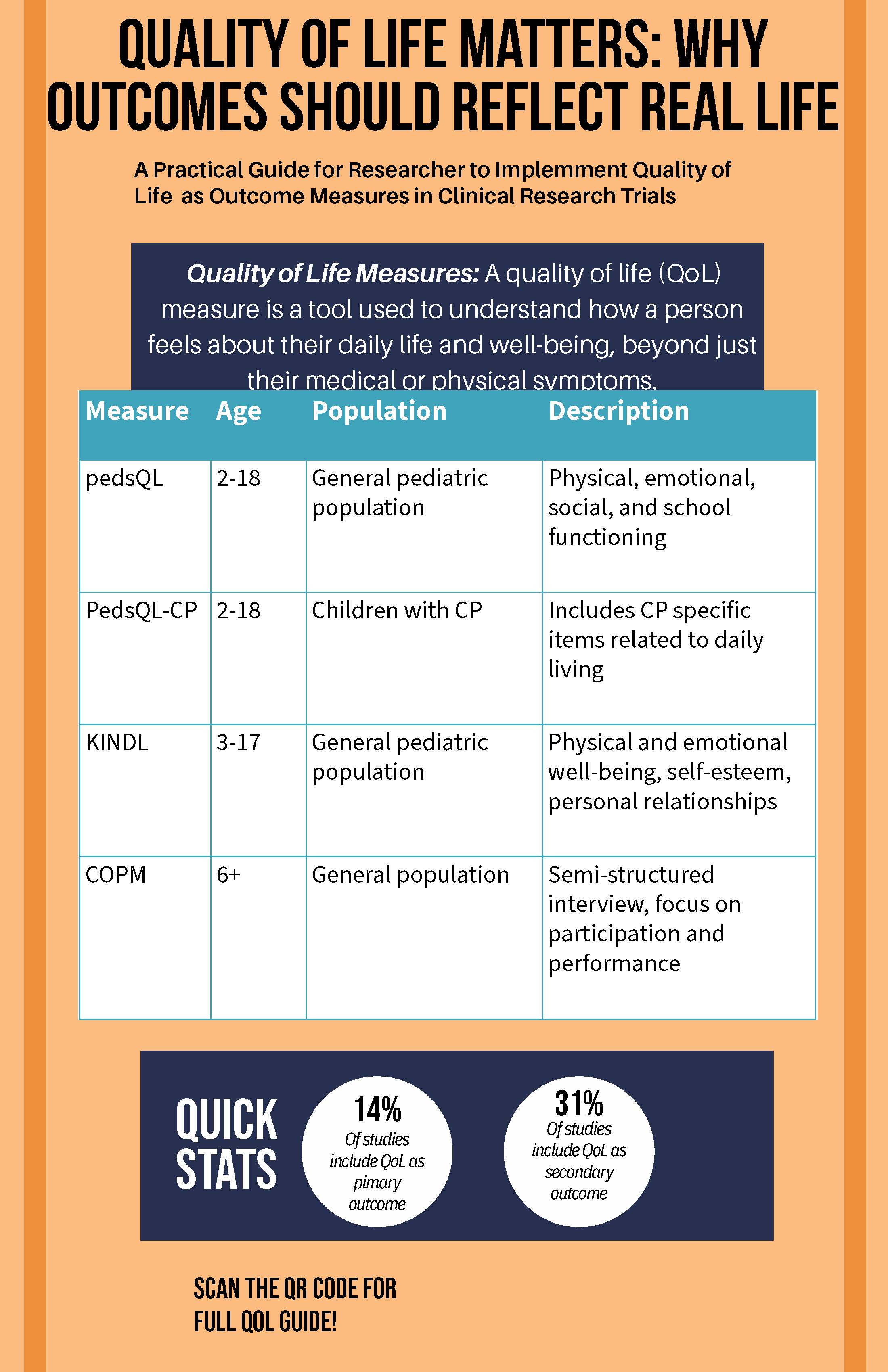

Margaret Fergusson: Preparing Families with Medically Complex Children for Genetic Counseling
My name is Margaret Fergusson, and I am a Master’s student in Genetic Counseling. For my leadership project, titled “Preparing Families with Medically Complex Children for Genetic Counseling: Video Guides for a More Informed, Empowering, and Supportive Visit,” I developed three short, accessible educational videos aimed at helping families and individuals prepare for genetic counseling appointments. These videos are tailored for three different audiences: adults with neurodevelopmental disabilities attending general genetics appointments, parents of medically complex children seeing a pediatric genetic counselor, and parents whose children are being seen by a neurogenetics counselor.
I was inspired to pursue this project after attending a presentation at the AUCD conference on healthcare communication and individuals with intellectual and developmental disabilities. The presenters emphasized how much families with medically complex children appreciate knowing what to expect from a medical visit—such as what documents to bring, topics they should be prepared to discuss, and important questions to ask. That message stayed with me, and I saw a clear opportunity to apply it to the field of genetic counseling.
My goal with these videos is to make the genetic counseling process feel more approachable and less overwhelming for families navigating complex medical needs. I hope these videos enhance healthcare communication and empower both children and adults with disabilities—as well as their families—to feel more informed, confident, and engaged during genetic counseling appointments. My goal is that these resources help ease some of the stress and uncertainty these families often experience when navigating complex medical care.
Margaret Fergusson Presentation Video
Pediatric General Genetic Counseling
Neeve Graham: Creating Language Inclusive Community Resource Partnerships for Children with Disabilities
For my LEND Project, I decided to combine a few of my interests. During my physical therapy school experience, I have had the great fortune to be involved with some incredible service organizations. A lot of my service work is focused on helping children and families with disabilities who are uninsured/undocumented. For this project, I wanted to create a partnership between two organizations I had had a lot of experience with: the Children's Assistive Technnology Service (CATS) and the Cares Clinic (a student run pro-bono physical therapy clinic). Both CATS and CARES often serve Spanish speaking populations. However, each organization had a lack of resources in Spanish. For my project, I helped create Spanish resources (brochures and flyers) for CATS, created a pathway for easy referral of CARES patients to CATS, and formed a relationship between these two groups that will last for years to come! This will allow children coming from predominantly Spanish speaking families better access to physical therapy and assistive technology!
Breanna Hennessy: Moving from Early Intervention to School Based Physical Therapy Services
Hello! My name is Breanna Hennessy, I am a pediatric physical therapist and VA LEND trainee. My project is titled “Moving from Early Intervention to School Based Physical Therapy Services”, it is a worksheet aimed to assist children and their caregivers as they move from Early Intervention to school based physical therapy services. This worksheet can be filled out by caregivers alone or with the assistance of a medical provider if requested to provide background information to their child’s IEP team. I chose to complete this project because it has been found that poor communication between IEP team members leads to negative outcomes for children and their families in the school system. My hope is that this document can serve as a tool to improve communication, thus leading to more successful outcomes as the child moves from EI services to the school system.
Moving from Early Intervention to School Based Physical Therapy Services
Jill Hamlin: The Power of Interdisciplinary Connection
I'm Jill Hamlin an Occupational Therapist and I'm submitting my VaLEND Leadership Project entitled: "The Power of Interdisciplinary Connection". For my project, I collaborated with the Va Early Childhood Comprehensive Systems Advisory Council with their work in shared knowledge across the state of Va specifically regarding prenatal-3 services. This is a grant funded council whose work aims to address needs/gaps/further funding uses/etc. across the state for this population. I specifically took the work of my small group (Shared Knowlege) and collected data within my region (Danville/Pitts Co) to assist with usage of the Council's Kumu mapping and how that can be broken down into a more rural/regional use. I chose this project because I am very passionate about rural areas and their gaps in services and funding as well as their gaps in representation. I also chose this to highlight the differences in various areas across the region for increased awareness at all levels of service providers. I'm hopeful this introduction to the use of kumu mapping at a local level and the obvious gaps and differences will assist in further funding, positions, and services for families and organizations. I am also hopeful that it can be the foundation for improved interconnection among providers within regions and the state. I look forward to using this more in my work with the advisory council and here locally among colleagues.
Tending the Garden: An Experiential Mindfulness Workshop for Parents and Caregivers of Young People with Autism
This leadership project involved designing a 2.5-hour, educational and practice-based workshop that introduces mindfulness and its relevance to young people with autism and the adults who care for them. The workshop, aimed at parents and caregivers, combined lecture-based content with experiential learning, including guided mindfulness practices and opportunities for reflection. This project was motivated by the demonstrated benefits of mindfulness for both individuals with autism and their families, and by the need to make these practices more accessible for this population. The aim of this workshop is to empower families to incorporate mindfulness into their daily lives, reducing stress and fostering greater awareness, presence, and compassion within the family unit.
Elisha Li: Children’s Assistive Technology Services Video Library for Families
As a physical therapist, I believe strongly in the benefits of assistive technology in enhancing the lives of children with disabilities. For my leadership project, I created a website for a local organization, C.A.T.S, in order to better support families when they acquire new assistive technology for their children. In my time spent volunteering for CATS, I saw how, although CATS is an amazing organization that benefits so many families, they are unable to personally customize, fit, and educate every family on each piece of equipment. So, I decided to create a resource where these questions could be answered for families without burdening the organization. My hope is that this site will serve as a resource for families when they have questions about how to adjust a headrest, clean up after a messy dinner, or pack up the gait trainer for a family vacation, all at their fingertips without having to comb through thousands of videos and manual pages to find the answer they are looking for. With the right support, I hope that children and families who require adaptive equipment will live happier, healthier, more engaging lives!
Sydnee Loftin: Partnership for Communication: Strategies to Support AAC Use Across Environments
My name is Sydnee Loftin and I am a speech-language pathology student at Longwood University. For my leadership project, I created a professional development training to empower teachers, occupational therapists, and physical therapists with practical, evidence-based strategies to support children who use augmentative and alternative communication (AAC). The project includes a webinar and brochure highlighting ways to model AAC in daily routines using core and fringe vocabulary, aided language input, and wait time.
I chose this project because AAC success depends on a team approach. When professionals embed communication opportunities into everyday activities, they not only build a child’s language skills—they also create consistent models that families can carry into the home. With increased understanding and shared responsibility, we can help children grow their independence, reduce frustration, and strengthen their connection with peers, adults, and families. My hope is that this project empowers professionals and families alike to see every child as a communicator—across every setting.
Anoli Mehta: Language Supportive Strategies Handbook for Caregivers and Educators of Neurodiverse Children
My name is Anoli Mehta. I am a graduate student in speech language pathology at Longwood University. The Title of my presentation is Language Supportive Strategies Handbook for Caregivers and Educators of Neurodiverse Children.
Given my background in speech pathology, communication is of utmost importance to me. Ensuring that every parent/caregiver is heard and that our children have their voice and are able to share it with the world. I created this handbook as a guide to empower families on their communication journey with their children. I hope that it serves to give confidence to our families and strategies they can use with their children to foster communication.
Language Supportive Strategies Handbook for Caregivers and Educators of Neurodiverse Children
Anna Mooney: Autism Acceptance License Plate Initiative
For my leadership project, I worked on getting a revenue-generating license plate approved by the Virginia General Assembly to support Autism Acceptance. Inspired by my personal connection to the autism community, I partnered with the Autism Society of Central Virginia (ASCV) to research the approval process, develop a project plan, and collaborate with key stakeholders, including legislators and other non-profits. The project involved a variety of tasks, such as designing the plate, creating a website to collect preorders, and ensuring all the necessary paperwork was in order. I chose this project because I wanted to create a meaningful way to raise both awareness and funds for the autism community, and to replace the existing "Unlocking Autism" plate, which I felt did not accurately represent the community. Although the process will take a couple of years to fully complete, I’m proud to have set ASCV up for success, with the groundwork in place for them to carry the project forward. My hope is that this license plate will provide a sustainable funding source for children with disabilities and their families, while also promoting autism acceptance across the state.
Email: Request to Discontinue Unlocking Autism License Plate
Autism License Plate Initiative Planner
Austin Mulloy: Roles and Responsibilities for SAEO Accommodations: Educational Resources for Faculty and Students
In my leadership project, I gathered and summarized information on the roles and responsibilities of faculty, students, and the Student Accessibility and Educational Opportunity office (SAEO) regarding accommodations for students in courses at VCU. I worked with Matt Bogenschutz and members of the SAEO office to create a pair of resources based on the information summaries: A one-page infographic and a video. The media will be available for SAEO to post online and share with students and faculty.
I chose this project topic because I've learned VCU students with disabilities and their faculty frequently experience confusion and conflict about accommodations. In some cases, students have experienced reduced access and opportunity due to misunderstandings. I hope to offer educational resources that enable students and faculty to fulfill their roles, work cooperatively, and advocate for themselves as needed.
Meghan Osborn: Brighter Goals: A Brighter Side to ASD Living Skills Group
My name is Meghan Osborn and I entered the program as an education trainee, but I transitioned into a self advocate and family role for my disciplines. My presentation is titled Brighter Goals: A Brighter Side to ASD Living Skills Group. I created a companion manual filled with lesson plans and activities for an instructor to pick up and have provided everything they need to compose a six week independent living skills course. I volunteer as program manager for a nonprofit that helps families in my community that have been affected by autism (and other neurodivergencies) and these living skills lesson plans were some of my tasks for the nonprofit. I thought that completing this companion manual for my leadership project would be perfect, as it is going to be implemented in real life over the summer and into the autumn. My courses are designed for anybody experiencing a transitional period in their life, but specifically those who are anticipating transitioning to adulthood. I hope to be able to share some life skills with those who need it.
Jaime Pirie: Stronger Together: Fostering Youth Mental Wellness
The title of my project is Stronger Together: Fostering Youth Mental Wellness. The purpose of my project is to educate future health care professionals and families on the importance of mental health of our youth with a focus on youth with disabilities. I chose this project because I have a passion for youth mental health and the impact youth mental health care can have on our future generation. I hope that I can provide resources and education for future health care professionals to bridge the gap in knowledge that professional programs do not always emphasize. I am hopeful that our future children will benefit from a group of healthcare providers who know the signs to look for to determine when they are struggling, who are able to identify when it is time to consult with mental health professionals, and from family members who feel confident in responding to a mental health crisis.
(3)(1).jpg)
(3)(1).jpg)
Kimberly Rosenthal: A qualitative analysis of mobility-related durable medical equipment needs in Hampton Roads
As a part of a larger quality improvement project, I conducted a qualitative survey of pediatricians locally as well as in other regions to better understand barriers to obtaining mobility-related durable medical equipment (DME). An infographic was then designed based on themes identified in the provider surveys with plan to distribute to clinicians; themes/barriers identified here will guide further action. Institutional review board approval is pending for a similar survey of families and individuals with intellectual and neurodevelopmental differences to assess the question more fully. I chose this project after multiple patient interactions and interactions with providers outside of my specialty expressing frustration at the process and outcomes. Through this project, I hope to add to the current understanding of local DME needs from multiple stakeholders to inform potential change that is multidisciplinary, community-focused, and driven by families and individuals affected.
Katie Shaffer: Neuroaffirming Civic Engagement: Building Safety and Belonging for Advocates with Autism, ADHD, and Other Neurodivergence
I'm Katie Shaffer. I'm a VA-LEND trainee in the Social Work discipline, with a focus on Administration, Planning and Policy. I am also a parent to children with special healthcare needs. I created a resource packet to help organizers of policy and advocacy events better understand and accommodate the physical, emotional, and sensory needs of neurodivergent attendees. I chose this topic because I am a neurodivergent (ADHD) parent who advocates for my own children and others with disabilities. I’ve personally experienced how challenging the days leading up to and after these events can be without the right support. I've also experienced belonging, purpose and hope every time I'm advocating with others. My goal is to reduce barriers to participation by promoting pre-event planning and event day support for families and self-advocates. I hope this work provides more opportunities for parents, caregivers and people with disabilities to engage in advocacy and feel a sense of community as they share their stories. Ultimately, I want to ensure that all voices, and especially those most impacted by disability policy, can be heard and supported in places where policies are made.
Justine Zinskie: Preparing RVA Kids for School Success!
In recent years, I have noticed an increase of children starting school without the necessary skills to be successful, parents unsure where to go when they feel their child needs additional support, and information overload that is often difficult to navigate. For my project, I sought to create something that would help families prepare their children of all abilities for starting school. I provided a survey to all kindergarten teachers at Richmond Public Schools to identify various areas of need and preferred contact method among families and determined that a technology based, easily accessible QR code led website would be a great starting point. I created a website that has links to easy to follow activities to strengthen development, as well as contact information for families who are concerned about their child’s development and where to get help when needed. I anticipate that this will be a fluid website that will need to be updated at least yearly to ensure that the needs of children and families are still being met, and that all links and contact information is correct.
My hope is that this website will streamline the information most needed for families of children of all abilities, to set them up for success as they start kindergarten. In addition, this website is intended to be a starting point as I have begun to collaborate with the VCU OT Department in creating and implementing a community program that can focus on hands on school readiness skills with children in the community. There will be a way to sign up for this program available on this website.
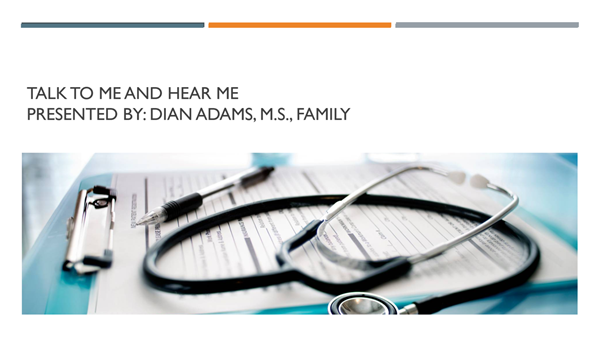
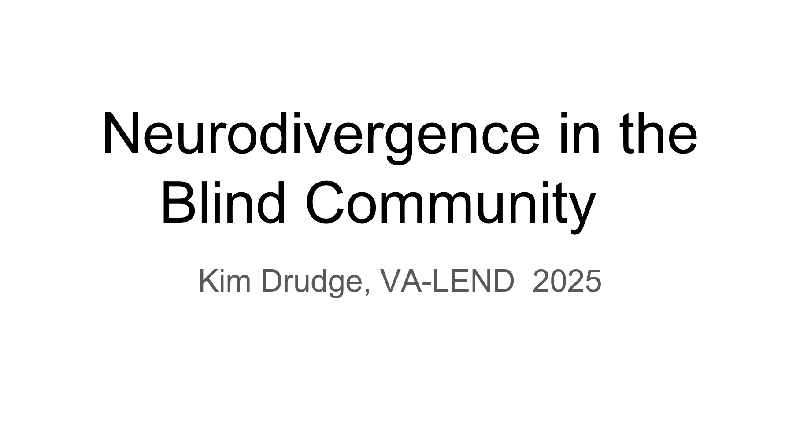
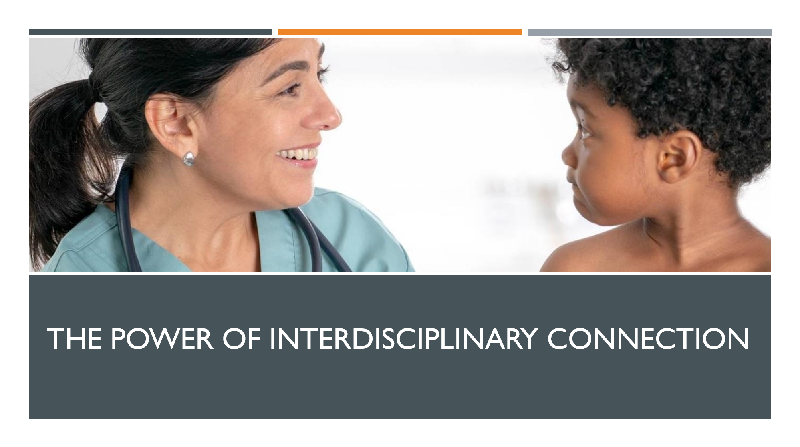
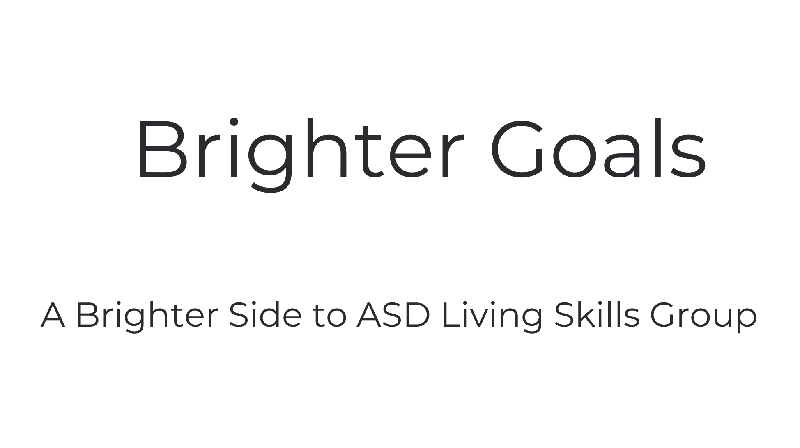
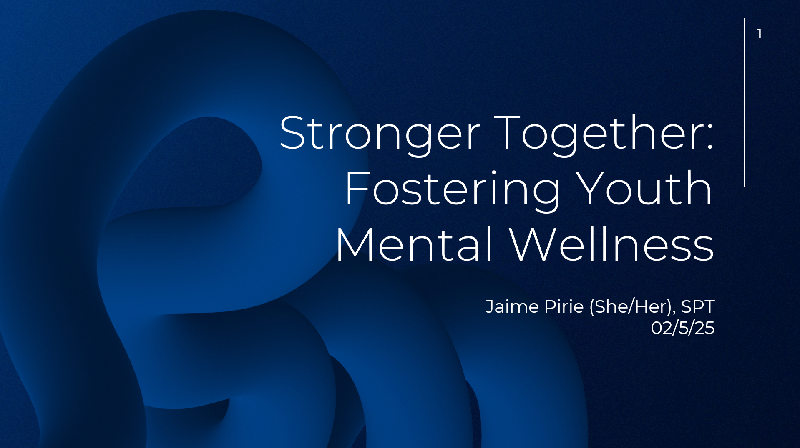
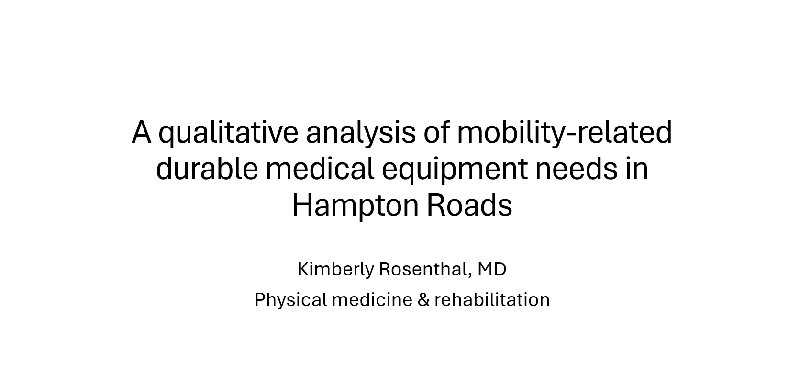
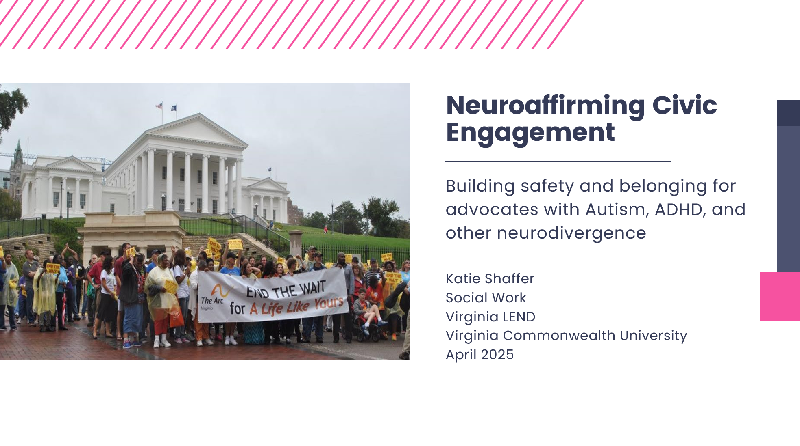
_Page_01.jpg)